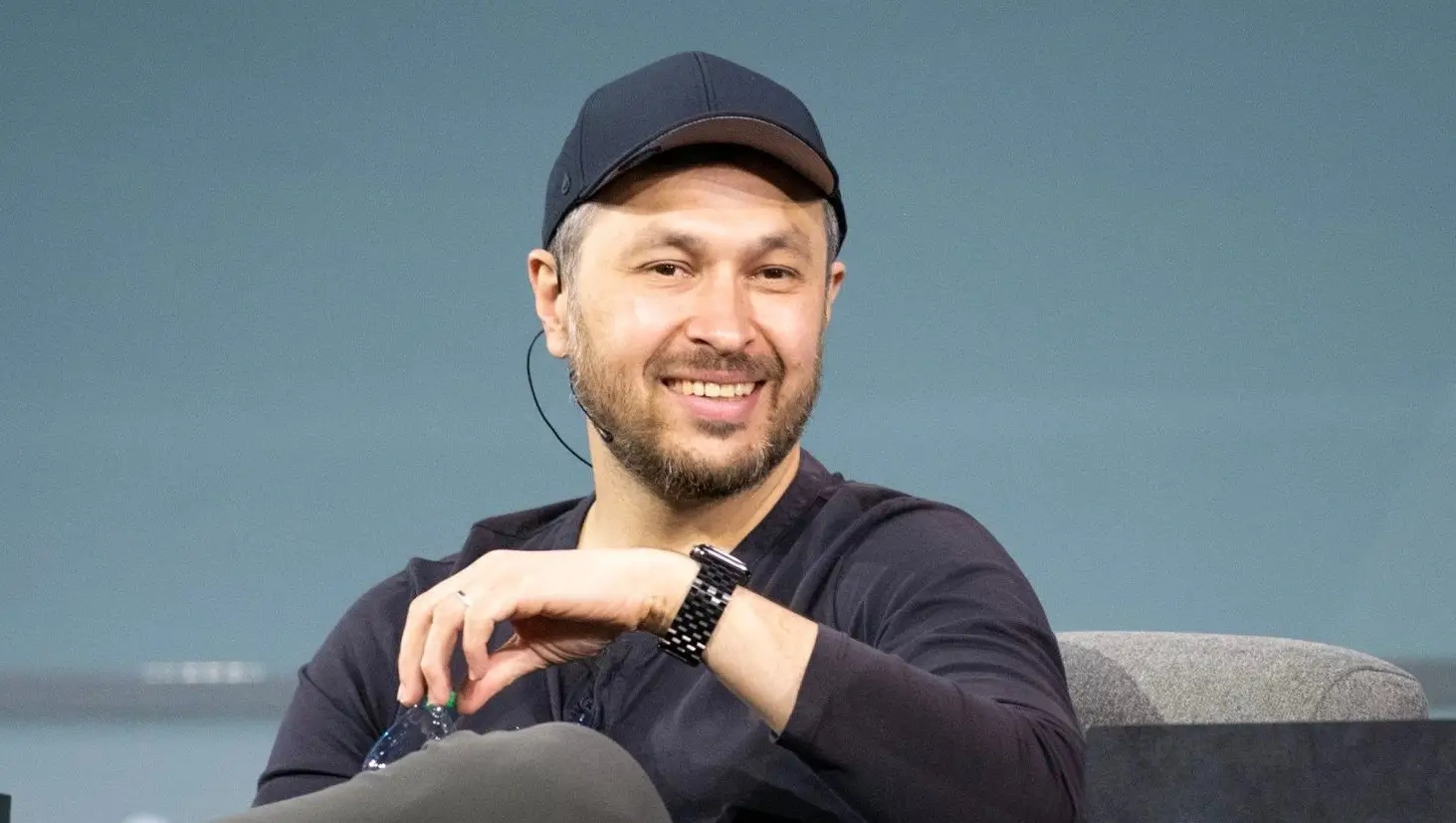Solana Co-Founder Urges Crypto Founders to Stress-Test for Worst-Case Scenarios
27.05.2025 10:00 1 min. read Alexander Stefanov
Anatoly Yakovenko, the co-founder of Solana Labs, is calling on Web3 entrepreneurs to prepare for the unexpected—specifically, the kind of brutal downturns that can shake even the most promising crypto ventures.
In a recent social media post, Yakovenko advised project leaders to regularly simulate extreme market conditions. His suggestion: run a quarterly drill imagining a catastrophic 95% market crash. These “fire drills,” he explained, aren’t just hypothetical exercises—they’re strategic planning tools meant to expose operational weaknesses before real chaos hits.
To guide these simulations, he proposed three key questions every team should confront:
- Which products would still matter if funding dries up and sentiment collapses?
- Does the core team have the skills to keep the essentials running?
- Are the treasury reserves strong enough to last at least 18 months without fresh capital?
Yakovenko also warned against complacency, noting that declarations of Solana’s dominance could backfire. In his view, the network’s real strength lies not in short-term hype but in continued, disciplined development. While Solana has made strides, he emphasized, it’s far from “finished”—and so is the broader crypto journey.
-
1
FTX Pushes to Dismiss Billion-Dollar Claim from 3AC
23.06.2025 15:00 1 min. read -
2
BIS Slams Stablecoins, Calls Them Ill-Suited for Modern Monetary Systems
26.06.2025 9:00 1 min. read -
3
ARK Invest Cashes In on Circle Rally as Stock Soars Past $60B Valuation
24.06.2025 19:00 1 min. read -
4
Trump’s ‘Big, Beautiful Bill’ Approved: What It Means for Crypto Markets
04.07.2025 7:00 3 min. read -
5
FTX Pushes Back Against $1.5B Claim From Defunct Hedge Fund 3AC
23.06.2025 11:00 1 min. read
Coinbase Strengthens DeFi Push With Opyn Leadership Acquisition
Coinbase has taken a major step toward expanding its decentralized finance (DeFi) presence by bringing onboard the leadership team behind Opyn Markets, a prominent name in the DeFi derivatives space.
Grayscale Urges SEC to Allow Multi-Crypto ETF to Proceed
Grayscale Investments has called on the U.S. Securities and Exchange Commission (SEC) to allow the launch of its multi-crypto ETF—the Grayscale Digital Large Cap Fund—arguing that further delays violate statutory deadlines and harm investors.
Robinhood Launches Ethereum and Solana Staking for U.S. Users
Robinhood has officially introduced Ethereum (ETH) and Solana (SOL) staking services for its U.S. customers, offering a new way for users to earn rewards on their crypto holdings.
Binance CEO Reveals What’s Fueling the Next Global Crypto Boom
Binance CEO Richard Teng shared an optimistic outlook on the future of cryptocurrencies during an appearance on Mornings with Maria, highlighting growing global acceptance, regulatory progress, and strategic reserve integration.
-
1
FTX Pushes to Dismiss Billion-Dollar Claim from 3AC
23.06.2025 15:00 1 min. read -
2
BIS Slams Stablecoins, Calls Them Ill-Suited for Modern Monetary Systems
26.06.2025 9:00 1 min. read -
3
ARK Invest Cashes In on Circle Rally as Stock Soars Past $60B Valuation
24.06.2025 19:00 1 min. read -
4
Trump’s ‘Big, Beautiful Bill’ Approved: What It Means for Crypto Markets
04.07.2025 7:00 3 min. read -
5
FTX Pushes Back Against $1.5B Claim From Defunct Hedge Fund 3AC
23.06.2025 11:00 1 min. read


